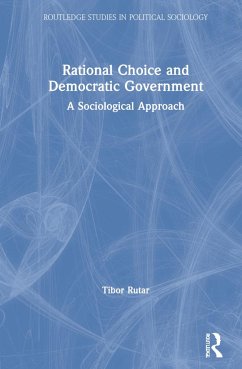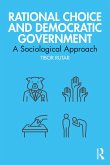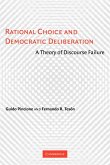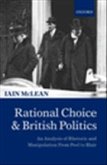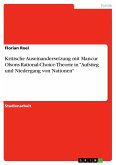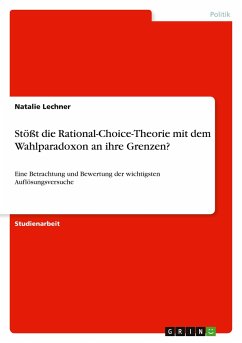Drawing on a range of data from across disciplines, this book explores a series of fundamental questions surrounding the nature, working and effects of democracy, considering the reasons for the emergence and spread of democratic government, the conditions under which it endures or collapses - and the role of wealth in this process - and the peaceful nature of dealings between democracies. With emphasis on the 'ordinary' voter, the author employs rational choice theory to examine the motivations of voters and their levels of political knowledge and rationality, as well as the special interests, incentives and corruption of politicians. A theoretically informed and empirically illustrated study of the birth and downfall of democracies, the extent of voters' political knowledge and ignorance, the logic of political behaviour in both open and closed regimes, and the international effects of democratic rule, Rational Choice and Democratic Government: A Sociological Approach will appeal to scholars with interests in political sociology, political psychology, economics and political science.
Hinweis: Dieser Artikel kann nur an eine deutsche Lieferadresse ausgeliefert werden.
Hinweis: Dieser Artikel kann nur an eine deutsche Lieferadresse ausgeliefert werden.

